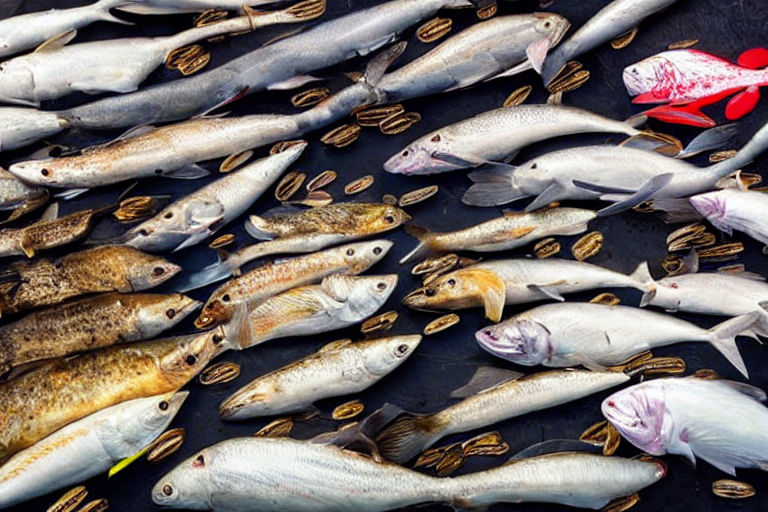The Importance of Sustainable Fishing in Preserving Biodiversity in Our Oceans
Fishing has been an integral part of human life and has supported communities for thousands of years. However, due to the increasing demand for fish and other marine species, fisheries have become unsustainable, degrading marine ecosystems and affecting the livelihoods of millions of people around the world.
Sustainable fishing is a method that allows us to fish and harvest marine resources without depleting them. It is a way of fishing that limits the catch to what is required, allowing the fish populations to replenish and grow.
The Role of Sustainable Fishing in Preserving Biodiversity
Sustainable fishing is essential for preserving the biodiversity of our oceans. It enables us to protect and conserve the habitats of various marine species, such as coral reefs and mangroves, which support the marine food chain. By sustainably fishing, we can ensure that we do not overfish certain species, which can disrupt the ecosystem and lead to a decline in other marine species that rely on them for food.
Benefits of Sustainable Fishing
Sustainable fishing has numerous benefits, including:
1. Resilience of Marine Ecosystems
Sustainable fishing helps to maintain healthy and productive marine ecosystems. By fishing sustainably, we can prevent overfishing, which can result in the loss of marine biodiversity and irreversible changes in marine ecosystems.
2. Economic Benefits
Sustainable fishing provides long-term economic benefits. If managed correctly, fish stocks can continue to provide food and livelihoods for generations to come.
3. Food Security
Sustainable fishing promotes food security by ensuring a long-term supply of fish for communities that rely on them for food and income. Sustainable fishing also reduces the risk of fish stock collapses, which can have a significant impact on the livelihoods of fishing communities.
4. Environmental Benefits
Sustainable fishing has environmental benefits, including the conservation of marine ecosystems and the reduction of bycatch and discards, which result in wastage of marine resources.
Conclusion
The ocean is a critical resource for humanity, providing us with food, livelihoods, and recreation. Sustainable fishing is an essential tool for ensuring that we can continue to benefit from these resources while conserving them for future generations. Governments, fishing industries, and consumers all have an important role to play in promoting sustainable fishing practices to conserve our oceans' biodiversity.



